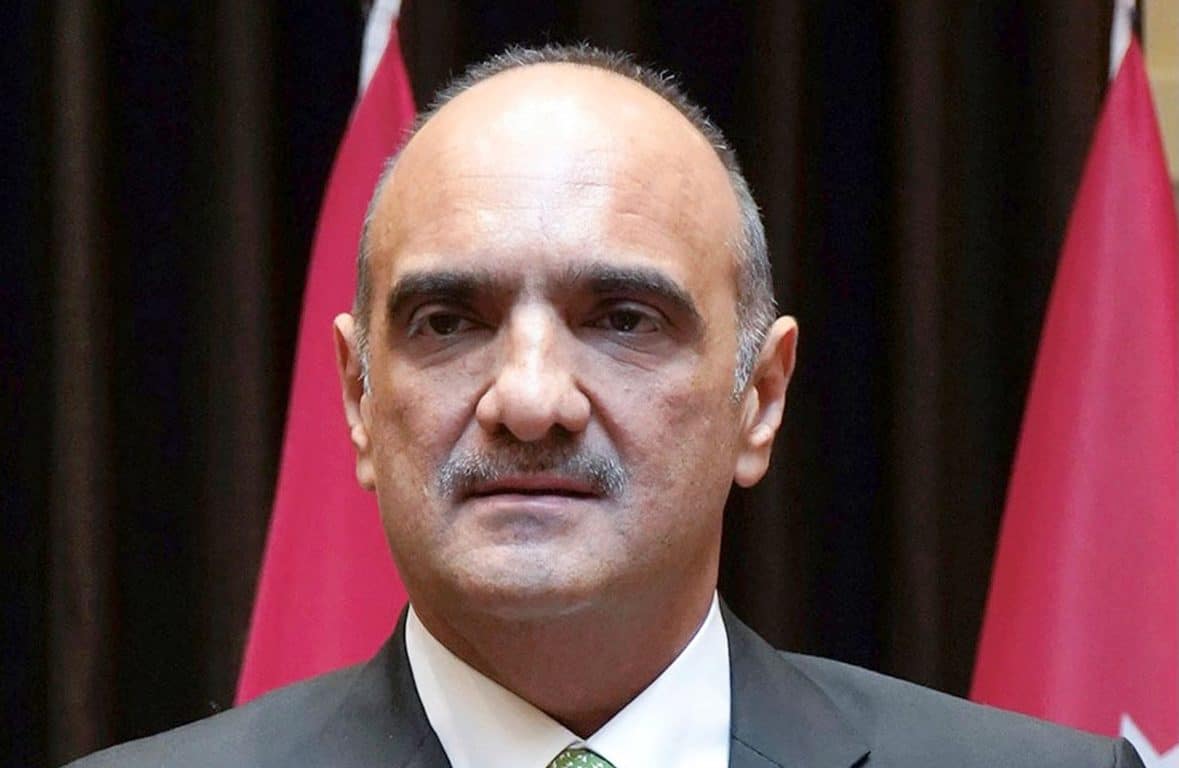Amman, Jordan – Jordan has stated that it is considering “all options” in response to what it perceives as Israel’s failure to distinguish between military and civilian targets in its escalating offensive and incursion into the Gaza Strip, Reuters reported on Monday.
Prime Minister Bisher al Khasawneh refrained from specifying the exact measures Jordan might take, but the statement comes after the country recalled its ambassador from Israel in protest of Israel’s actions following a cross-border attack by Hamas on October 7.
In a significant move, Jordan also declared Israel’s ambassador persona non grata, effectively preventing his return to Amman.
“All options are on the table for Jordan in our dealing with the Israeli aggression on Gaza and its repercussions,” Khasawneh said, quoted by Reuters.
Jordan and Israel have had a peace treaty in place since 1994.
Also Read: Exclusive reports on Gaza-related developments
The Prime Minister disputed Israel’s claim that its blockade of densely populated Gaza constitutes self-defense, stating, “The brutal Israeli attack does not discriminate between civilian and military targets and is extending to safe areas and ambulances.”
Israel, on its part, has denied deliberately targeting civilian objects in heavily populated areas, arguing that Hamas is using civilians as human shields, digging tunnels under hospitals, and misusing ambulances for military purposes.
In response to these developments, Israel’s foreign ministry expressed regret over the “inflammatory statements” from Jordan’s leadership and emphasized the strategic importance of relations between the two countries.
Diplomats familiar with Jordan’s thinking, according to Reuters, indicated that the country is reviewing its economic, security, and political ties with Israel and might freeze or revoke parts of the peace treaty if the Gaza conflict escalates further.
Jordan has been particularly concerned about the Israel-Hamas conflict due to its significant population of Palestinian refugees and their descendants. There are fears that Israel could expel Palestinians en masse from the Israeli-occupied West Bank, where attacks by Israeli settlers on Palestinian inhabitants have surged since Hamas’ October 7 attack.
These concerns were discussed by King Abdullah during talks with NATO Secretary General Jens Stoltenberg in Brussels. He warned of widespread violence in the West Bank and mainly Arab-inhabited East Jerusalem if attacks by Jewish settlers against Palestinian civilians are not curbed.
Jordan’s Foreign Minister Ayman Safadi underlined that any attempt by Israel to drive Palestinians into Jordan, which shares a border with the West Bank, would be a “red line” amounting to a declaration of war.
Jordan’s military has already fortified its positions along its borders.
Given Jordan’s status as a US ally, it is concerned about potential spillover violence, as pro-Palestinian sentiment is widespread in the country, leading to large rallies in support of Hamas.
This escalating tension in the region has put Jordan in a complex position, balancing its historic peace treaty with Israel against its responsibility to protect the rights and safety of Palestinians, particularly those in the West Bank.

